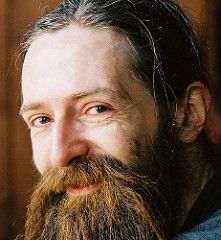Nov 19, 2010
Stoic Philosophy and Human Immortality
Posted by Marios Kyriazis in categories: biological, biotech/medical, futurism, neuroscience
The Stoic philosophical school shares several ideas with modern attempts at prolonging human lifespan. The Stoics believed in a non-dualistic, deterministic paradigm, where logic and reason formed part of their everyday life. The aim was to attain virtue, taken to mean human excellence.
I have recently described a model specifically referring to indefinite lifespans, where human biological immortality is a necessary and inevitable consequence of natural evolution (for details see www.elpistheory.info and for a comprehensive summary see http://cid-3d83391d98a0f83a.office.live.com/browse.aspx/Immo…=155370157).
This model is based on a deterministic, non-dualistic approach, described by the laws of Chaos theory (dynamical systems) and suggests that, in order to accelerate the natural transition from human evolution by natural selection to a post-Darwinian domain (where indefinite lifespans are the norm) , it is necessary to lead a life of constant intellectual stimulation, innovation and avoidance of routine (see http://www.liebertonline.com/doi/abs/10.1089/rej.2005.8.96?journalCode=rej and http://www.liebertonline.com/doi/abs/10.1089/rej.2009.0996) i.e. to seek human virtue (excellence, brilliance, and wisdom, as opposed to mediocrity and routine). The search for intellectual excellence increases neural inputs which effect epigenetic changes that can up-regulate age repair mechanisms.
Thus it is possible to conciliate the Stoic ideas with the processes that lead to both technological and developmental Singularities, using approaches that are deeply embedded in human nature and transcend time.


 The summer 2010 “
The summer 2010 “ Also speaking at the H+ Summit @ Harvard is
Also speaking at the H+ Summit @ Harvard is 








